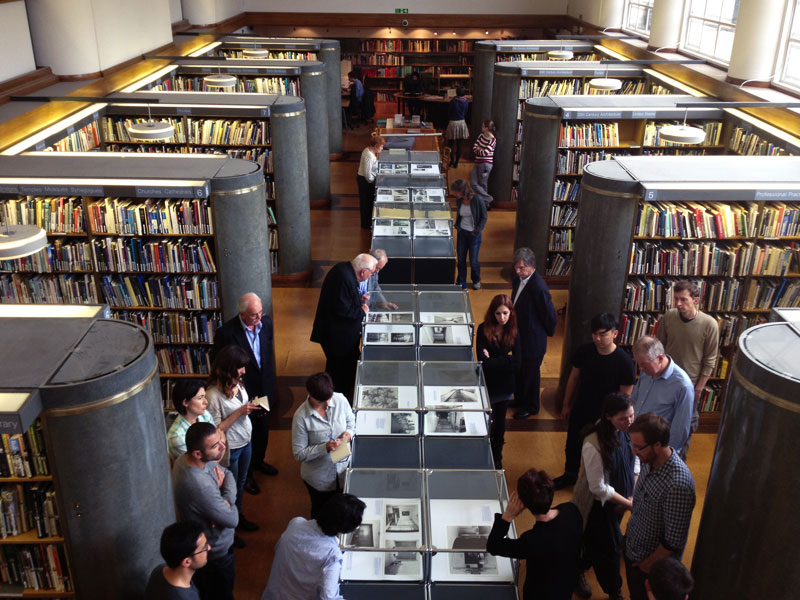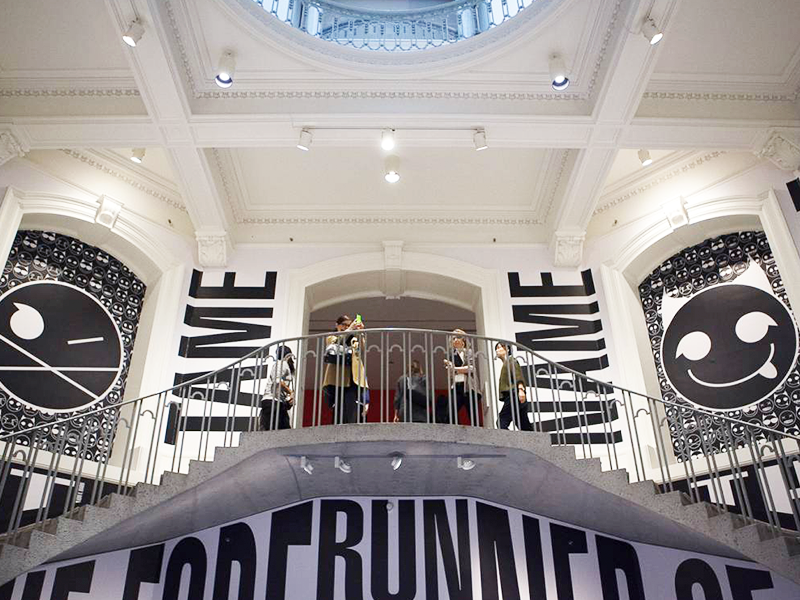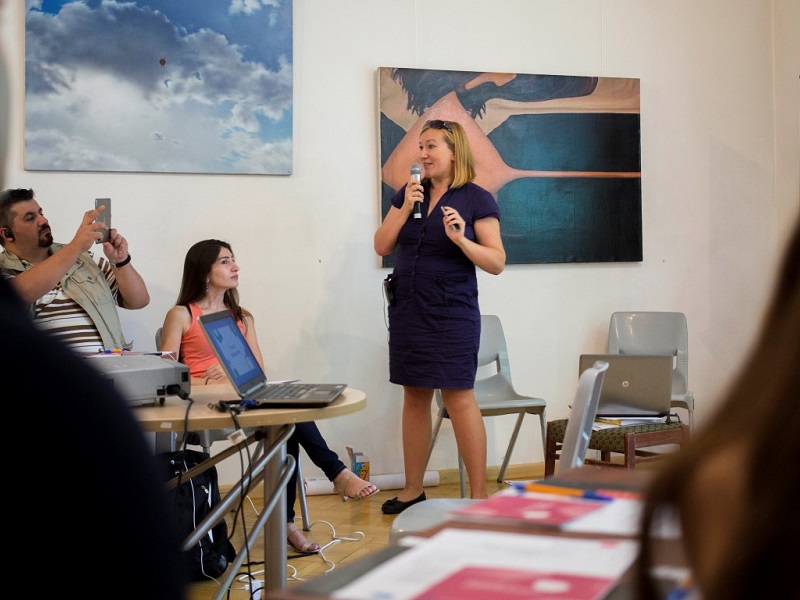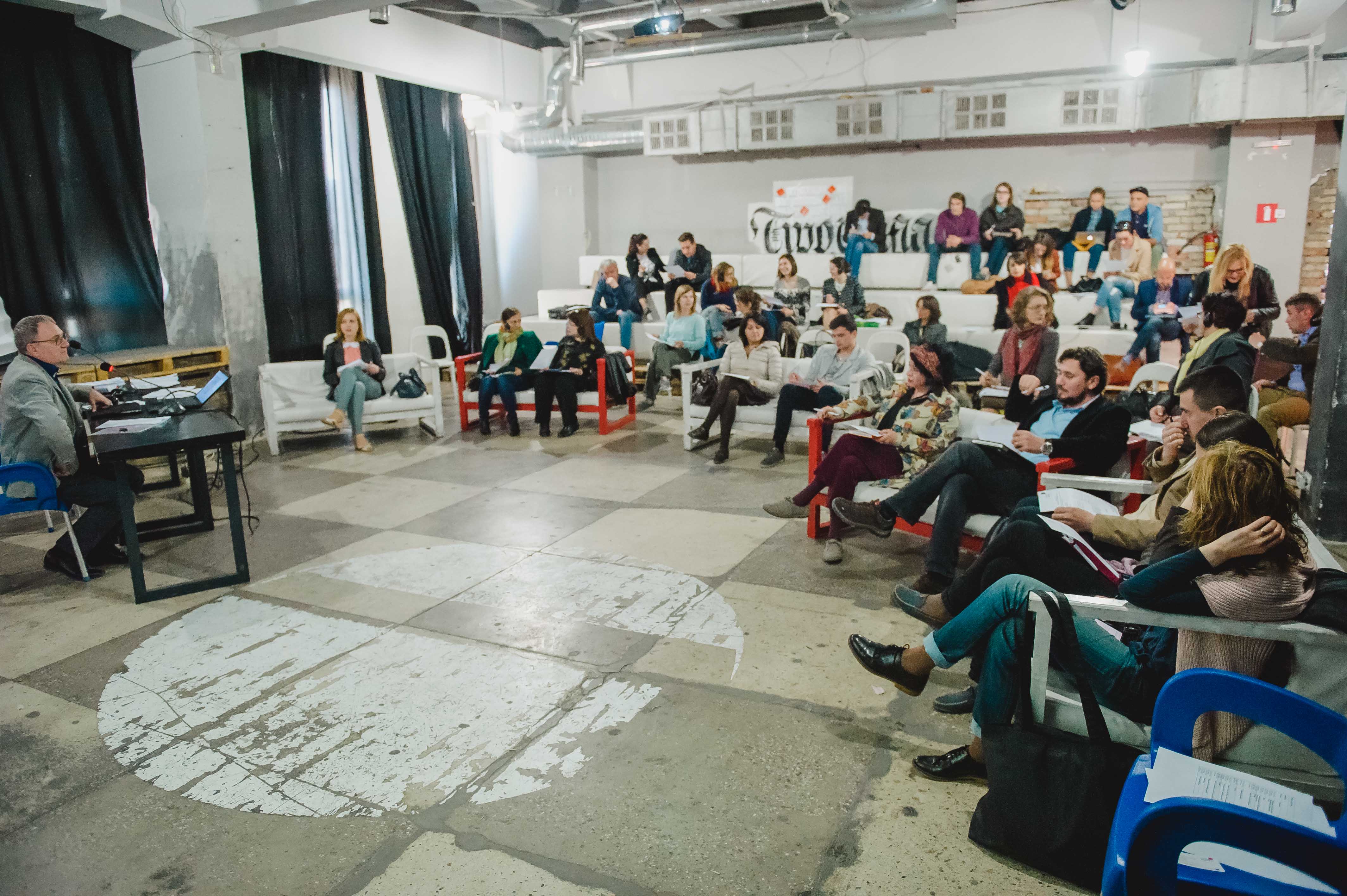
WHAT DO CULTURAL OBSERVATORIES OBSERVE?
As you already know, cultural observatories are institutions that not only observe events, but also identify trends and tendencies in the field of culture. They monitor relevant events and make public the results of such monitoring, helping to create strategies for further development and influencing the shaping of cultural policies.
The cultural observatories are a relative new phenomenon, so culturologists still argue about what they should observe. However, all unanimously agree that arts and cultural heritage must be on the top of their research agenda. Creative industries, such as publishing houses, record companies and all types of mass media outlets, and especially small businesses became more and more important for the cultural observatories. For example, all activities of the European Audiovisual Observatory are aimed at monitoring the European market of audio and visual products and making reports on the development of film and TV industries, and in recent years also on audio and video streaming services.
Arts education is another key area where some observatories regularly monitor diverse activities with a special attention paid to the concept of ‘life-long education’. For example, the worldwide known Grenoble Observatory jointly with the Institute of Political Studies (IEP) and Pierre Mendes-France University in Grenoble organised innovating training courses on management of cultural projects (Master Direction de projets culturels). The courses are held for 12 weeks in two years.
These are generally accepted activities for such observatories. However, there are no limitations for creative approaches, only opportunities. The most enterprising observatories discover for themselves new horizons, such as tourism, foreign languages, culture and health, sustainable development, culture and state-of-the-art technologies. Besides differences in the subject of research, observatories also operate in different geographical or administrative levels. Some of them specialise in working at local or regional level (for example, such well-known observatories and Interarts in Barcelona and Grenoble Observatory), others cover wider areas (such as the ERICArts covering all of Europe or the OCPA, the observatory in Africa). Somewhere between them there are observatories monitoring culture at national level. So, observatories play the role of a guidance and documentation centre keeping extensive information about all aspects and trends of cultural life at local, national or international levels. The subjects of their studies may lie in state, public or private areas. The observatories focus most of their activities on cultural subjects that have the greatest impact on the public cultural policy.
For more information please go to: http://bit.ly/1MbaqXp
We also recommend reading this:
What do cultural observatories do?




